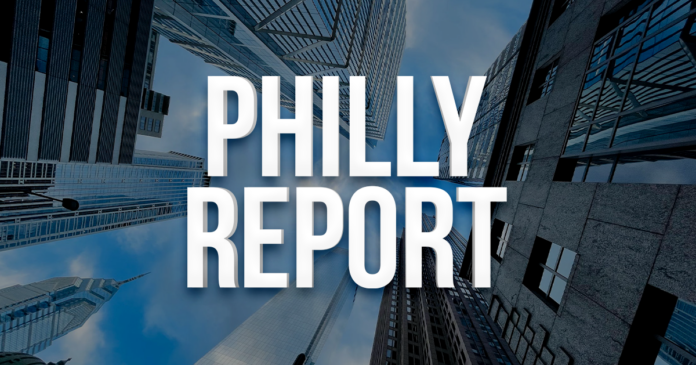PHILADELPHIA – Today, the City of Philadelphia completed a month-long encampment resolution process in Kensington on the 3000-3100 blocks of Kensington Avenue. A total of 59 people accepted housing and services through the 34-day process, including 19 who came in today, Wednesday, May 8. There will continue to be outreach and engagement teams working on a daily basis to connect individuals to housing and treatment throughout the community. This resolution was part of the City’s continuing efforts in combating the overdose crisis in Philadelphia.
Mayor Parker praised the work of every City worker and agency involved in the effort. Encampment resolutions are not new in Philadelphia; the City has long been addressing encampments that threaten communities’ public health and safety. To date, the City as engaged in over 25 encampment resolutions; 10 have taken place in Kensington.
City’s Efforts in Combating the Kensington Encampment Issue
“We’re proud of all of the City Departments that worked together to resolve the encampment on two blocks in Kensington that were creating a public safety and health threat to the neighborhood,” said Adam Geer, Chief Public Safety Director who briefed the press following the encampment resolution completion. “Throughout the process, no one was arrested, and 59 people came off the streets and into care. That’s in line with Mayor Parker’s vision for the restoration of Kensington and any neighborhood where people are suffering and in need.”
Services Provided
Since Thursday, April 4, City employees from the Office of Homeless Services, Department of Behavioral Health and Intellectual DisAbility Services in partnership with neighborhood-based non-profits and social services staff have been working to connect people to treatment, shelter and medical care. The City does not require anyone to accept treatment or housing; it is voluntary.
A total of 59 individuals accepted services during the 30 days. Of those:
- 55 people connected to housing assistance including three couples.
- Housing assistance includes offers of low barrier shelter, recovery focused shelter, safe havens, and respite.
- Four people connected to drug and alcohol services.
In addition, the City was able to care for those suffering from wounds even if they did not accept other services. Wounds cared for ranged from minor cuts to serious necrotic wounds and the following patients were seen during extended evening outreach from April 9-May 7:
- 88 Patients, 12 of which are new patients seen for the first time during extended outreach.
- 1,242 Wounds treated.
Outreach teams have been engaging people daily, providing services, offering resources since the winter months and will continue to do so. For the first time the City piloted an extended outreach effort that started April 9th and included interagency outreach teams to engage from 4 to 8 p.m. three days a week in addition to their regularly scheduled outreach efforts – 32 of our placements came directly from that effort.
“Our outreach teams are Philadelphia’s unsung heroes, and they all put their heart and soul into every engagement,” said Noelle Foizen, Overdose Response Unit (ORU) Director. “Teams work tirelessly to support each person including addressing anything that could be a barrier to placement such as accessibility, mobility, pets, couples, etc. and work hard to find the right resource in challenging situations where at times they are threatened and harassed. They are brave and strong and represent the best of us and Mayor Parker’s vision to connect people to long term care, treatment and housing opportunities.”
Last night, Mayor Parker and the Parker Administration Cabinet, including Police Commissioner Kevin J. Bethel, Director of Public Safety Adam Geer, Managing Director Adam Thiel and others met with more than 250 community members during the Mayor’s One Philly Budget Town Hall stop in Kensington. During the town hall, Mayor Parker used budget figures to outline her broader vision to restore Kensington and other neighborhoods ravaged by drug dealing, including the building of a comprehensive, long-term system of care, treatment and housing for people suffering from addiction to substances, mental health challenges and experiencing homelessness.
“Do I have your permission to develop and implement that Plan for Philadelphia?” the Mayor asked the audience. She received a rousing ovation.







